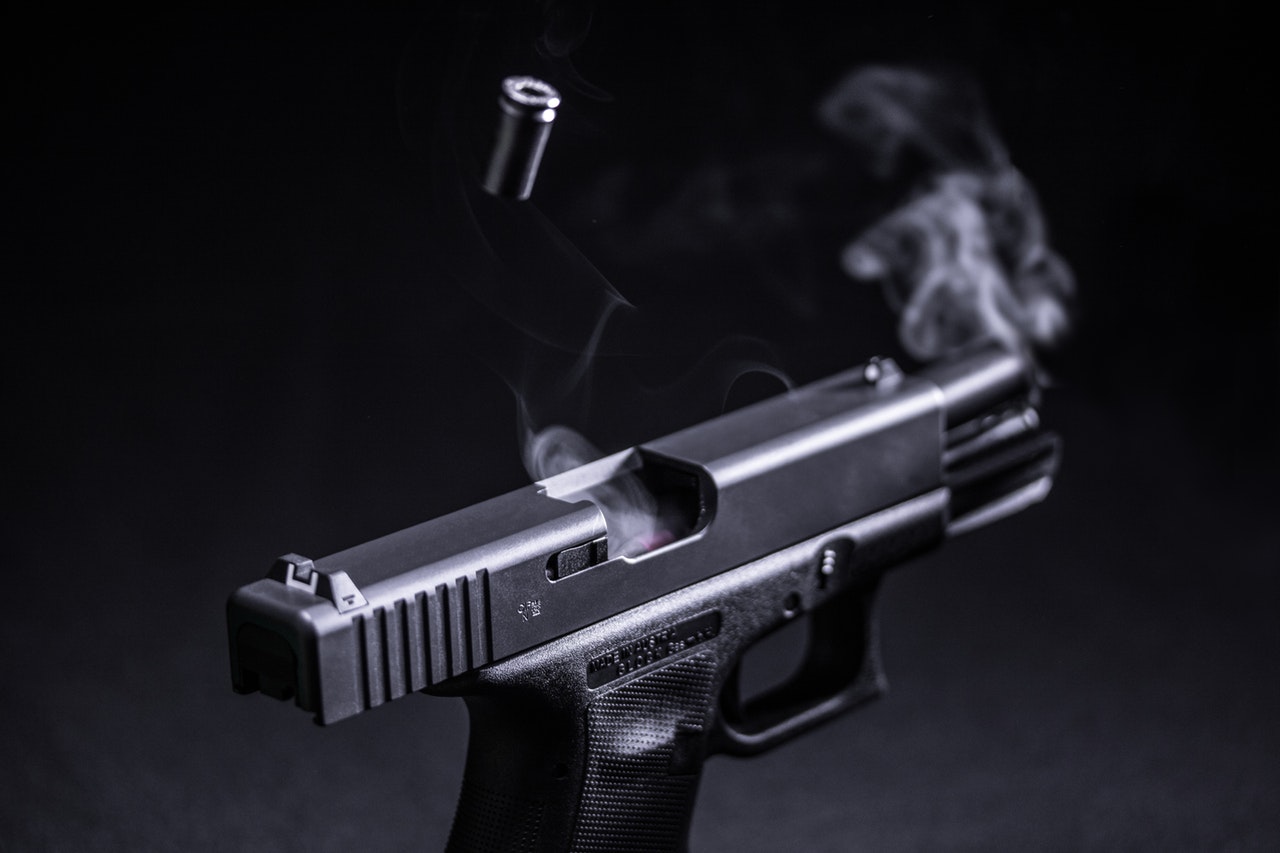Search
Restoration of Firearms Rights in Michigan After Felony Conviction

Michigan law provides that if you have been convicted of a felony you may not use, possess transport, sell or carry a firearm for a period of either three or five years. After this period has elapsed limited firearms rights under state law will either be returned to you automatically, or you will be required to affirmatively seek to restore such rights by petitioning a judge. It is important for you to understand that any restoration granted applies only to your eligibility under Michigan law. Although pursuant to Michigan law you may lawfully use, possess, transport and sell a firearm, you may still be prohibited from same under Federal law. This means that:
After restoration of your rights, the only firearms you can possess or use are certain types of firearms that do not take a modern cartridge, i.e., a pellet rifle, muzzle-loader, or black powder gun.
Knowing these limitations, if you are still interested in a restoration of your firearms rights, then you should also know that the specific felon in possession statute appears in the Firearms chapter of the Michigan Penal Code, and is found at Michigan Compiled Laws § 750.224f. This law defines the term “felony” as being a conviction for a crime that is punishable by imprisonment for four years or more. Some felonies are punishable by maximum terms of less than four years, and if you were convicted of such a crime, then this law will not prohibit you under this statute.
If you were convicted of a non-specified felony then you may not use, possess transport, sell or carry a firearm until the expiration of three years after all of the following circumstances exist; (1) you have paid all fines imposed for the violation, (2) you have served all terms of imprisonment imposed for the violation, and (3) you have successfully completed all conditions of probation or parole imposed for the violation. If you were convicted of a non-specified felony, then you need do nothing upon the expiration of the three years to secure the return of limited firearms rights. They come back to you automatically.
If you were convicted of a specified felony, then you must wait until the expiration of five years. Under this law, the term “specified felony” means a felony such as burglary of an occupied dwelling, or breaking and entering an occupied dwelling, or arson, or a felony in which 1 or more of the following elements exist (1) The felony involves the use, attempted use, or threatened use of physical force against the person or property of another, or that by its nature, involves a substantial risk that physical force against the person or property of another may be used in the course of committing the offense; (2) The felony involves the unlawful manufacture, possession, importation, exportation, distribution, or dispensing of a controlled substance, and (3) The felony involves the unlawful possession or distribution of a firearm or firearm.
If you were convicted of a specified felony, then your firearms rights are not restored to you unless and until you have filed a successful petition in the circuit court in the county in which you reside. You must wait five years before filing a petition. After the petition is filed, in most cases the judge to whom the case is assigned will schedule a hearing where the petitioner or his or her attorney will appear and argue to the judge why the firearms rights should be restored. The judge will then make a finding based on the criteria set forth above for the non-specified felony with one added provision. For specified felonies the judge is also required to make a determination that your record and reputation are such that the individual is not likely to act in a manner dangerous to the safety of other individuals. The burden of proof is clear and convincing evidence, which is a very high standard of proof. However, if the court finds that you meet the necessary criteria and have met your burden of proof, then it is mandatory for your firearms rights to be restored because the law says the judge “shall” restore your
Finally, it is important to know that this law does not apply to a conviction that has been expunged or set aside, or for which you have been pardoned, unless the expunction, order, or pardon expressly provides that the person shall not possess a firearm or ammunition.
 Michigan Criminal Defense Lawyer Blog
Michigan Criminal Defense Lawyer Blog

